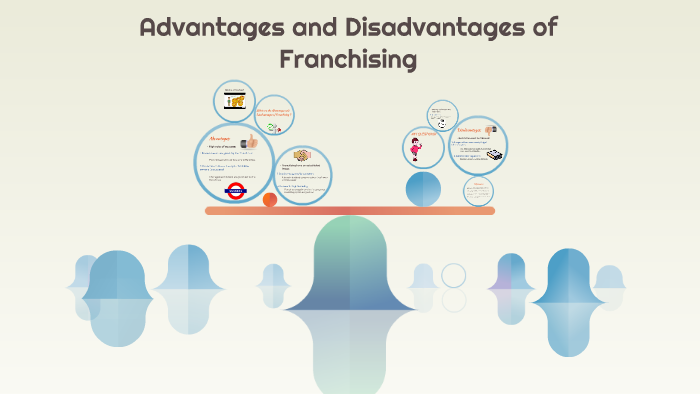International franchising is a business model that involves the expansion of a company's operations into other countries through the licensing of its brand, products, and business systems to franchisees. This model has become increasingly popular in recent years as companies seek to expand their reach and tap into new markets. However, like any business strategy, international franchising has both advantages and disadvantages that should be carefully considered before embarking on this path.
One of the major advantages of international franchising is the ability to enter new markets quickly and cost-effectively. Franchising allows a company to leverage the local knowledge, expertise, and networks of its franchisees to navigate unfamiliar markets and establish a presence more efficiently than if the company were to enter the market on its own. Additionally, franchisees often have a strong motivation to succeed since they are investing their own capital into the business.
Another advantage of international franchising is the ability to leverage the power of the franchise brand. A strong, well-known brand can be a powerful asset in attracting customers and building market share in a new country. Franchisees also benefit from the brand recognition and reputation of the parent company, which can help them establish credibility and trust with customers.
However, international franchising also has its drawbacks. One potential disadvantage is the lack of control over the franchisee's operations. While the parent company typically provides support and guidance to franchisees, ultimately the franchisee is responsible for the day-to-day management of the business. This can lead to challenges if the franchisee is not following the company's standards or is not meeting expectations.
Another potential disadvantage is the risk of cultural misunderstandings or differences in business practices. While the franchise model has been successful in many countries, it may not be suitable for every market, and adapting to local customs and regulations can be challenging. Additionally, there may be language barriers or other cultural differences that can create communication and coordination issues.
Finally, international franchising can be expensive and time-consuming. Setting up a franchise system in a new country requires significant resources and planning, including legal and financial considerations. Additionally, ongoing support and training may be required to ensure that franchisees are successful.
In conclusion, international franchising can be a powerful tool for expanding a company's reach and entering new markets. However, it is important to carefully consider the advantages and disadvantages of this business model and to be prepared for the challenges that may arise. As with any business decision, it is important to thoroughly research and plan before committing to this approach.







